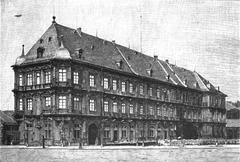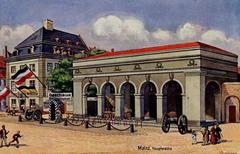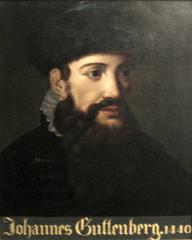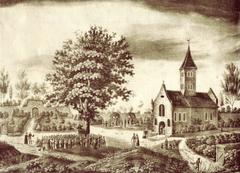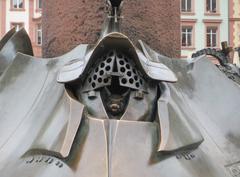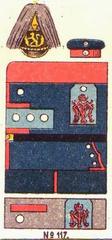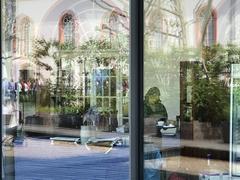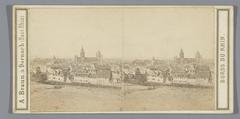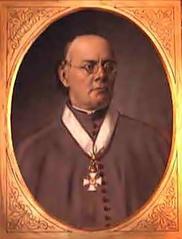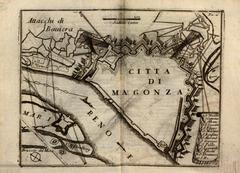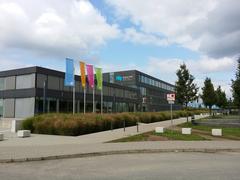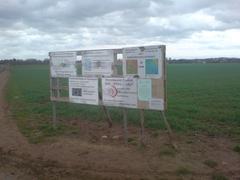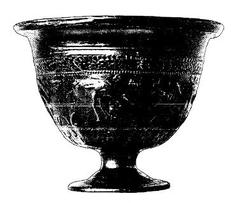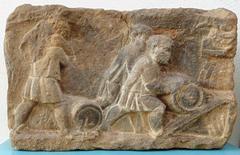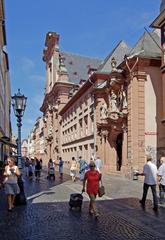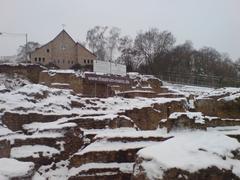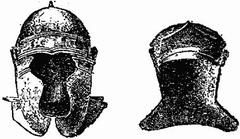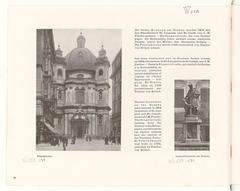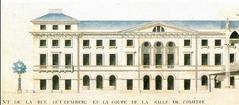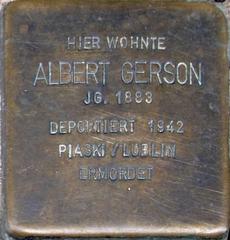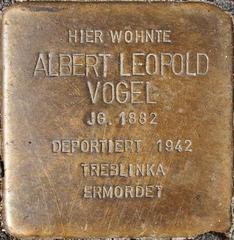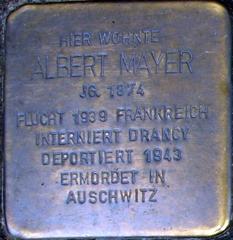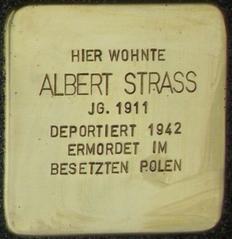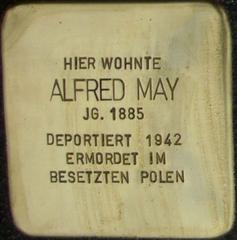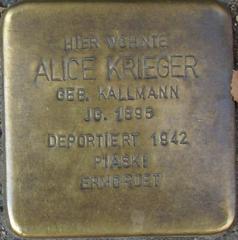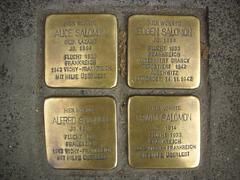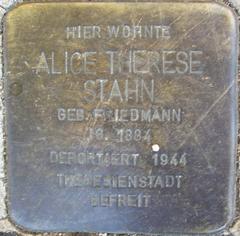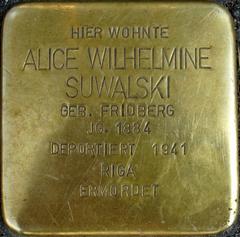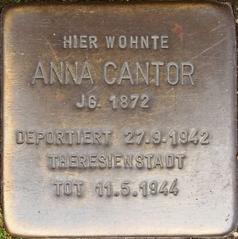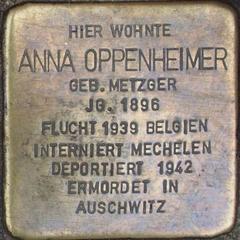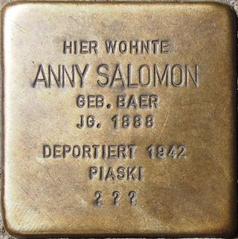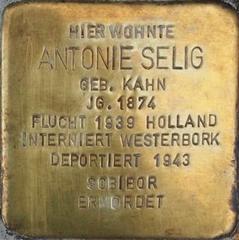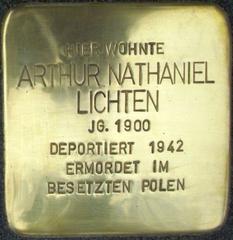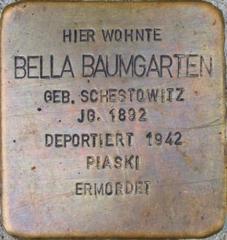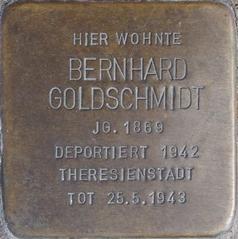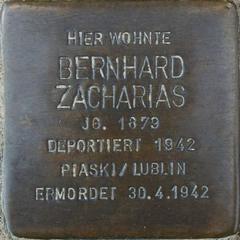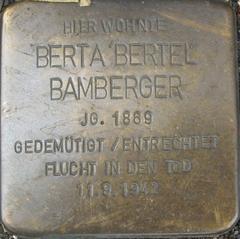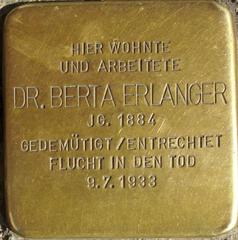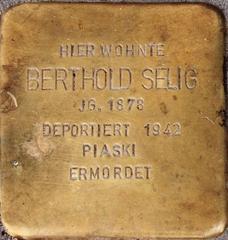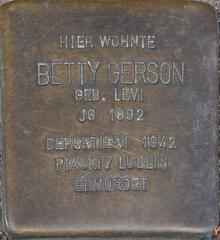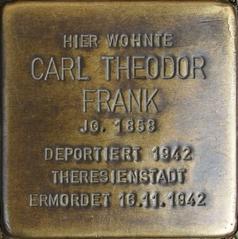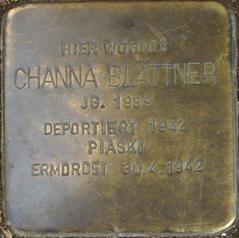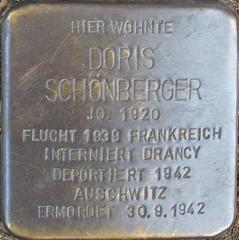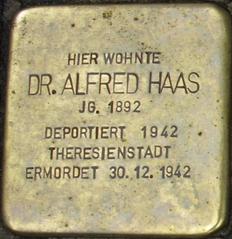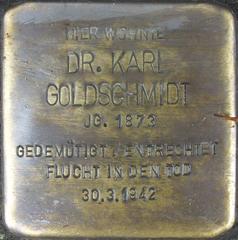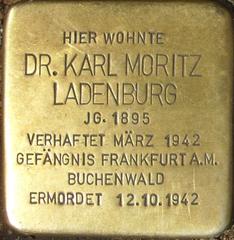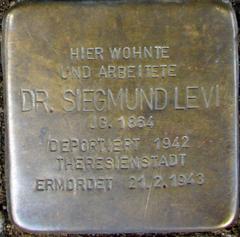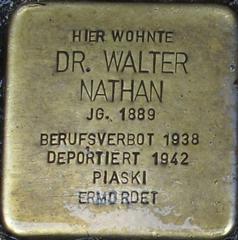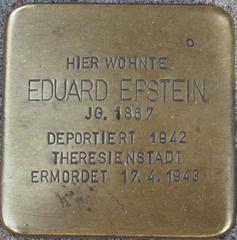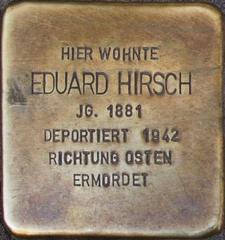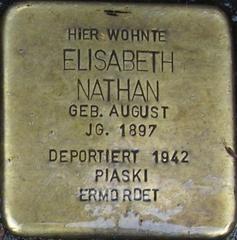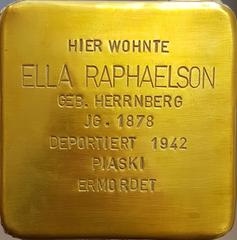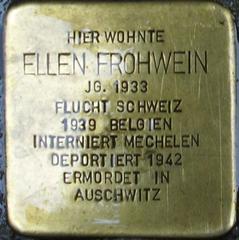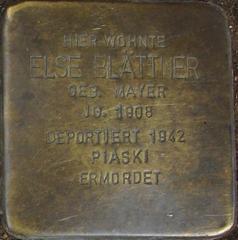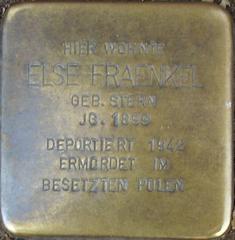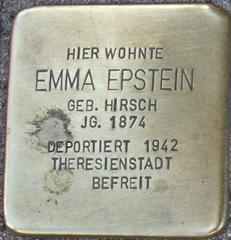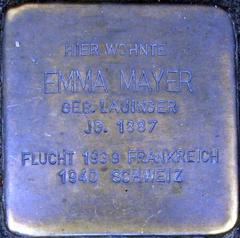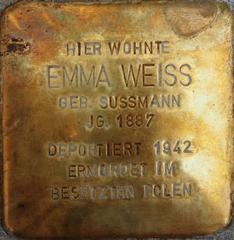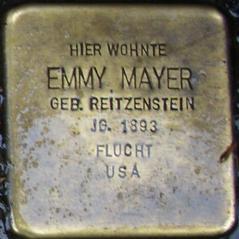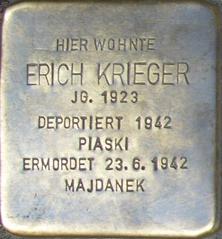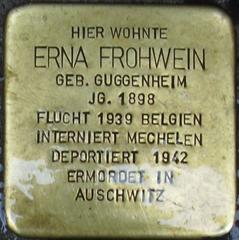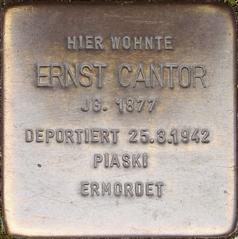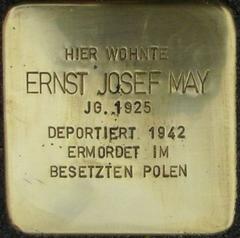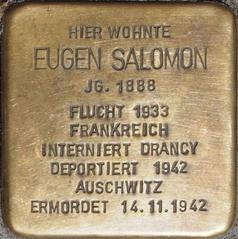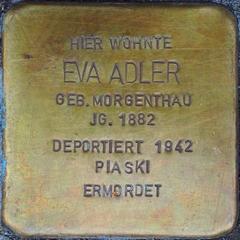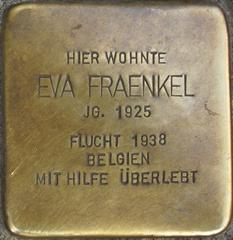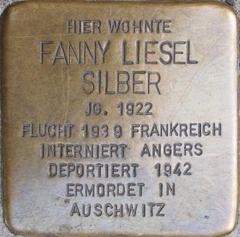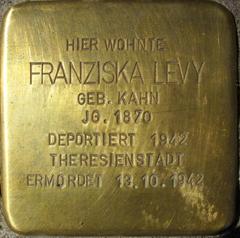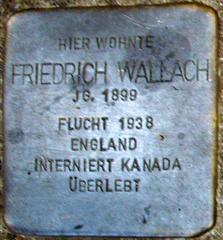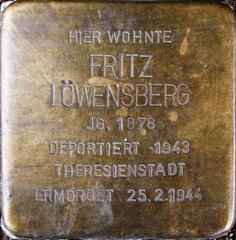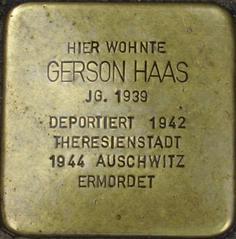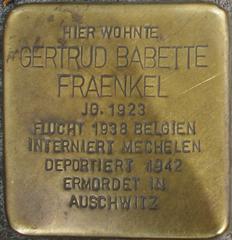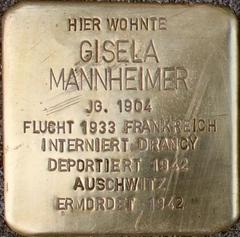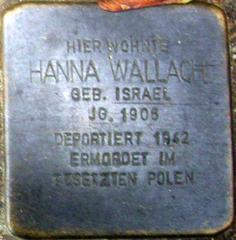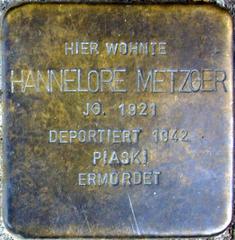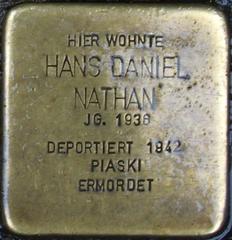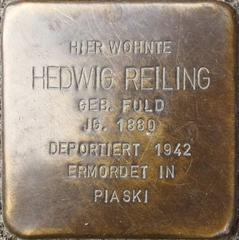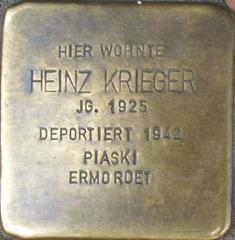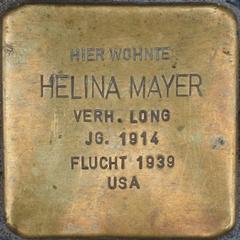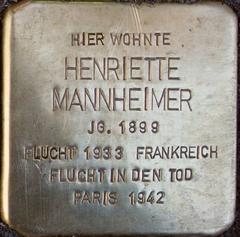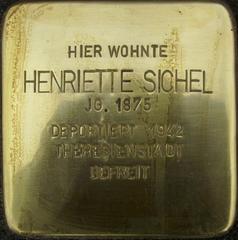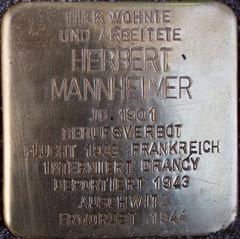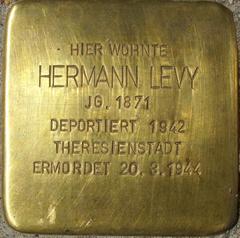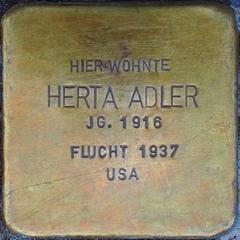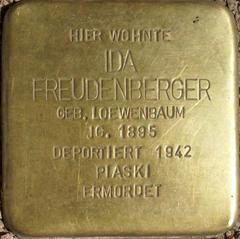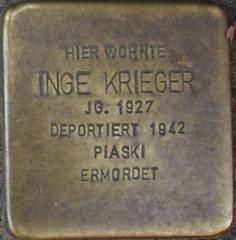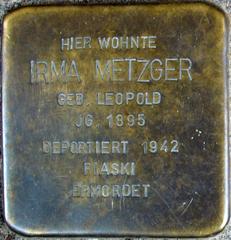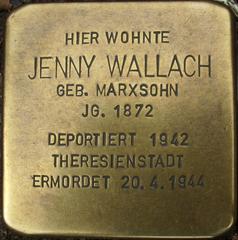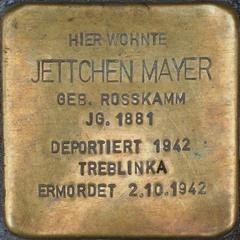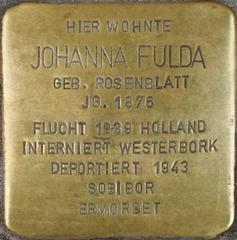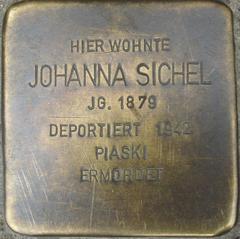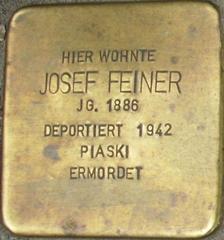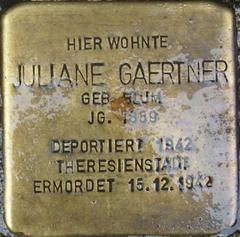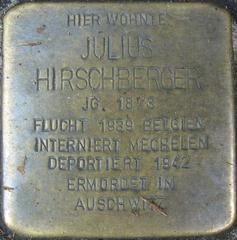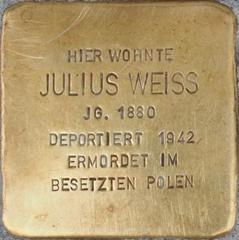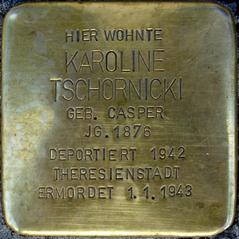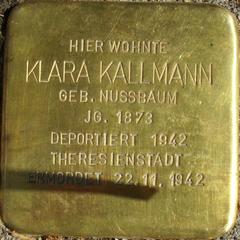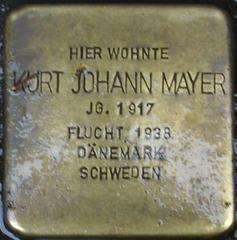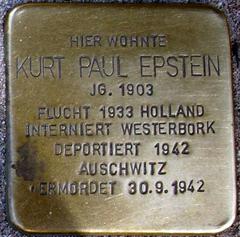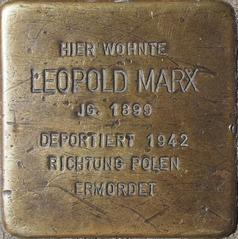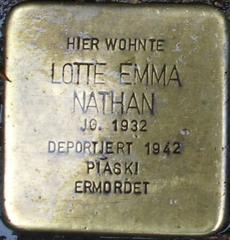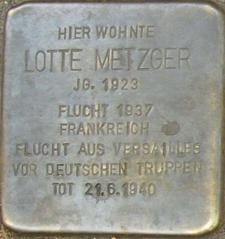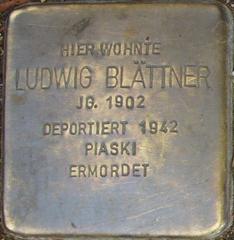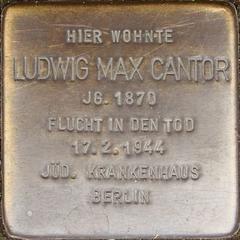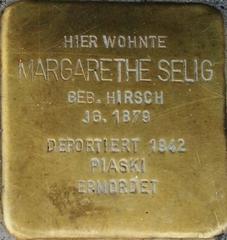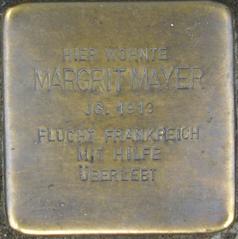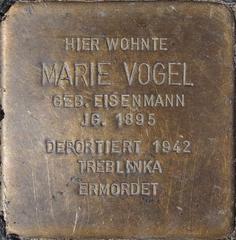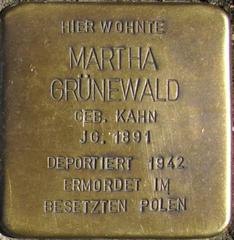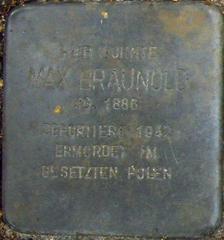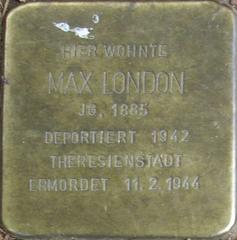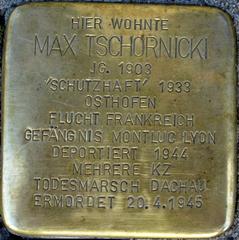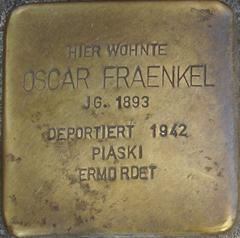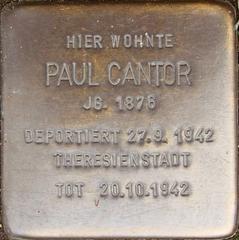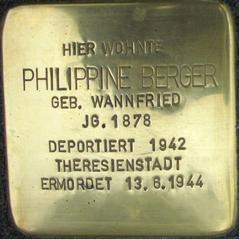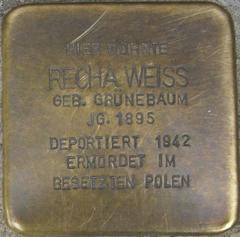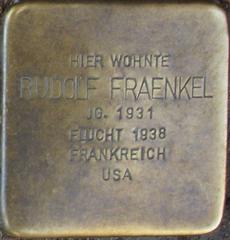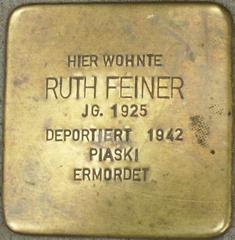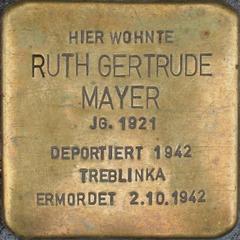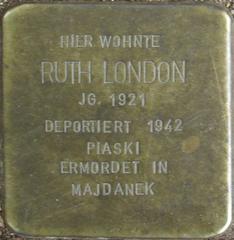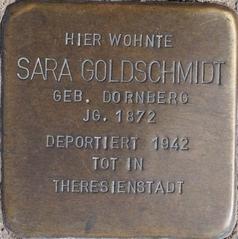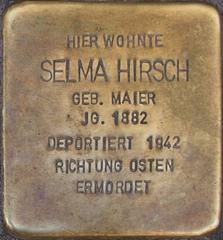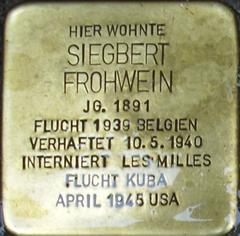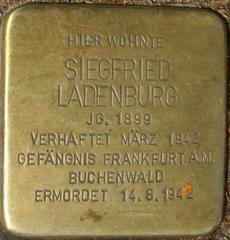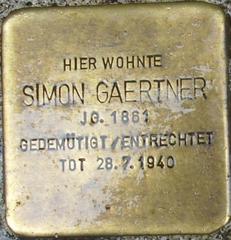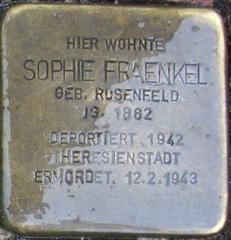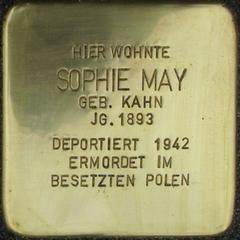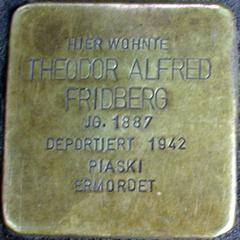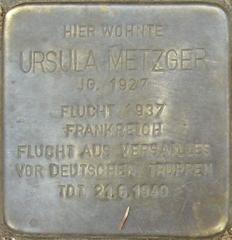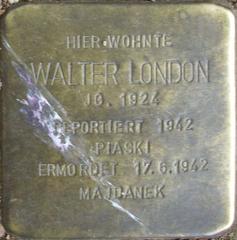Academy of Sciences and Literature Mainz: Visiting Hours, Tickets, and Guide to Mainz Historical Sites
Date: 14/06/2025
Introduction
Nestled in the heart of Mainz, Germany, the Academy of Sciences and Literature Mainz (Akademie der Wissenschaften und der Literatur Mainz) is a distinguished institution that bridges the city’s rich historical heritage with pioneering interdisciplinary research. Founded on July 9, 1949, the Academy was created to foster the sciences, humanities, and literature in post-war Germany. Unique among German academies, it unites scientists, authors, and musical composers, fostering vibrant interdisciplinary dialogue. Over the decades, the Academy has hosted Nobel laureates such as Niels Bohr and Heinrich Böll, and it continues to make significant contributions to research projects ranging from medieval studies to digital humanities. Its commitment to public engagement is evident through open visiting hours, guided tours, and cultural events, making it a must-see among Mainz historical sites. Centrally located near Mainz’s main train station and iconic landmarks like the Mainz Cathedral and Gutenberg Museum, the Academy is a rewarding destination for scholars, culture enthusiasts, and tourists alike. This comprehensive guide outlines everything you need to know about visiting hours, tickets, accessibility, and nearby attractions, ensuring you make the most of your visit to this cornerstone of German intellectual and cultural life (Akademienunion, Wissenschaftsallianz Mainz, Wikipedia, Max Planck Institute).
Table of Contents
- Introduction
- History and Founding
- Structure and Membership
- Research, Cultural Initiatives, and Digital Transformation
- Visiting the Academy: Hours, Tickets, and Accessibility
- Nearby Historical Sites and Attractions
- Special Events, Tours, and Public Engagement
- Awards, Scholarships, and Support for Young Researchers
- Frequently Asked Questions (FAQ)
- Plan Your Visit and Stay Connected
- References
History and Founding
The Academy of Sciences and Literature Mainz was officially established in 1949, led by writer Alfred Döblin and former Prussian Academy members, with support from the French military administration and the state government of Rhineland-Palatinate. Its mission: to preserve and rebuild intellectual and cultural life in post-war Germany by promoting the sciences, humanities, and literature. From its inception, the Academy has been unique in Germany for welcoming not just scientists but also authors and, since 2009, musical composers (Wissenschaftsallianz Mainz).
Structure and Membership
The Academy is organized into three classes:
- Mathematics and Natural Sciences
- Humanities and Social Sciences
- Literature and Music
Each class includes up to 50 full members and 50 corresponding members from across Germany, ensuring a diverse and interdisciplinary body. The Academy’s membership has included renowned figures such as Niels Bohr, Otto Hahn, Konrad Lorenz, Halldór Laxness, Heinrich Böll, and Jean-Marie Lehn (Wikipedia). This transregional approach has cemented its national and international reputation.
Research, Cultural Initiatives, and Digital Transformation
The Academy leads and coordinates long-term research projects of national and international importance, with a special focus on academic editions, dictionaries, and thesauri. Its commitment to interdisciplinary scholarship is further reflected in close collaboration with the Digital Academy, advancing digital humanities.
Musicological and Literary Projects
The Academy coordinates extensive musicological projects, including complete editions of major composers such as Brahms, Gluck, Haydn, and Schumann. The “Mainzer Reihe, Neue Folge” publishes outstanding literary works, and the unique “Class of Literature” awards the Alfred Döblin Medal, Joseph Breitbach Award, and Robert Schuhmann Award (Wissenschaftsallianz Mainz).
Digital Leadership
Digital projects include the editing of the International Inventory of Musical Sources (RISM) and participation in the Text+ initiative. The Academy also hosts research information systems such as AGATE and collaborates on the “Portal Kleine Fächer” with Johannes Gutenberg University.
A standout project is “The School of Salamanca. A Digital Collection of Sources and a Dictionary of its Legal-Political Language,” in partnership with the Max Planck Institute and Goethe University Frankfurt, providing a comprehensive digital corpus for international research (Max Planck Institute).
Visiting the Academy: Hours, Tickets, and Accessibility
Visiting Hours
The Academy is generally open to the public on weekdays, Monday to Friday, from 9:00 AM to 5:00 PM. Hours may vary on holidays or during special events, so visitors should confirm via the official website before arrival.
Tickets and Admission
Admission for general visits and most public events is free. Some guided tours or special exhibitions may require advance booking or a small fee. For detailed event and ticket information, consult the Academy’s event calendar.
Accessibility
The Academy is accessible for visitors with mobility impairments, providing ramps, elevators, and accessible restrooms. For specific needs, it’s advisable to contact the Academy in advance.
Location and Travel Tips
- Address: Geschwister-Scholl-Straße 2, 55131 Mainz, Germany
- By public transport: Short walk from Mainz Central Station; served by local buses and trams.
- By car: Ample parking is available nearby.
- Tip: The central location allows for easy combination with other Mainz attractions.
Nearby Historical Sites and Attractions
Mainz offers a wealth of cultural landmarks within walking distance of the Academy:
- Mainz Cathedral (Mainzer Dom): Over 1,000 years of Romanesque history.
- Gutenberg Museum: Celebrates Johannes Gutenberg and the history of printing.
- St. Stephan’s Church: Known for its Marc Chagall stained glass windows.
- Roman Theatre: Showcases the city’s Roman heritage.
- Rhine River Promenade: Ideal for scenic walks and local cuisine.
Special Events, Tours, and Public Engagement
The Academy regularly organizes public lectures, exhibitions, and cultural events, many of which are free to attend. Guided tours are occasionally offered, especially during cultural festivals or city heritage days. The “Zukunftsfragen der Gesellschaft” series and other interdisciplinary programs foster dialogue on pressing societal issues (Wissenschaftsallianz Mainz). For updates, check the Academy’s event calendar.
Awards, Scholarships, and Support for Young Researchers
The Academy supports emerging talent through scholarships, prizes, and awards such as the Alfred Döblin Medal and Joseph Breitbach Award, nurturing the next generation of scholars and artists (Wissenschaftsallianz Mainz).
Frequently Asked Questions (FAQ)
Q: What are the Academy’s visiting hours?
A: Monday to Friday, 9:00 AM – 5:00 PM. Check the official website for updates.
Q: Is admission free?
A: General admission is free; some tours or events may require tickets.
Q: Are guided tours available?
A: Yes, guided tours are offered during special events. See the event calendar for details.
Q: Is the Academy accessible to those with disabilities?
A: Yes, with ramps, elevators, and accessible restrooms.
Q: What else can I visit nearby?
A: The Mainz Cathedral, Gutenberg Museum, St. Stephan’s Church, Roman Theatre, and Rhine Promenade.
Plan Your Visit and Stay Connected
To make the most of your experience:
- Check event schedules and opening times on the official website.
- Plan your visit to align with public lectures or exhibitions.
- Explore related digital resources via the mainzed digital humanities network.
- Stay connected: Follow the Academy on social media and subscribe to their newsletter for the latest updates.
- Download the Audiala app for interactive guides and cultural information during your stay.
References
- Academy of Sciences and Literature Mainz
- Official Academy Website
- Academies Programme
- Max Planck Institute Collaboration
- Wissenschaftsallianz Mainz
- Wikipedia: Akademie der Wissenschaften und der Literatur
- Mainzed Digital Humanities Network
For a deeper dive into Mainz’s vibrant heritage, be sure to explore other historical sites such as the Gutenberg Museum (official website), and discover more about the city’s living legacy of science, culture, and innovation.
